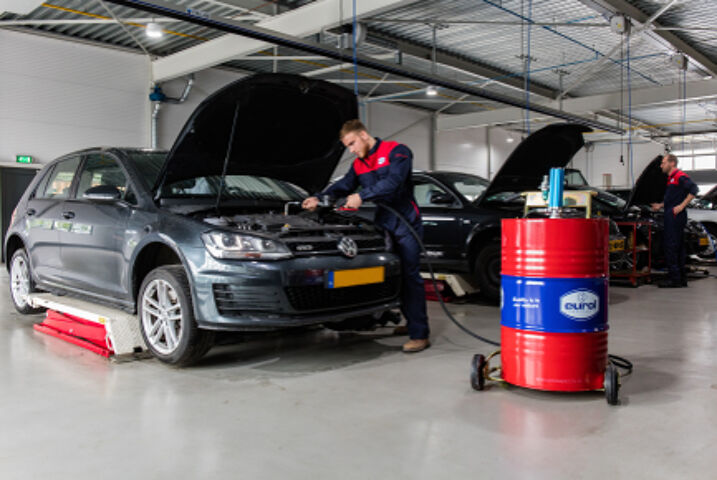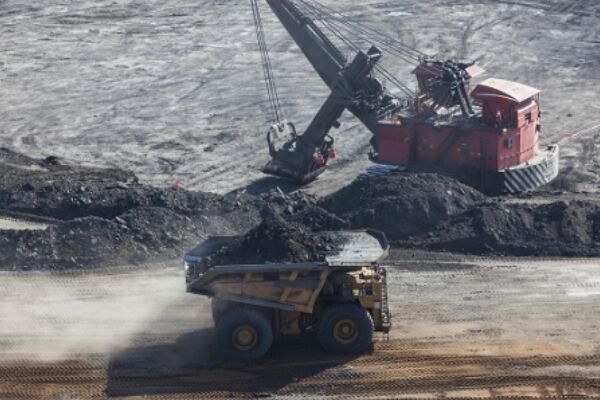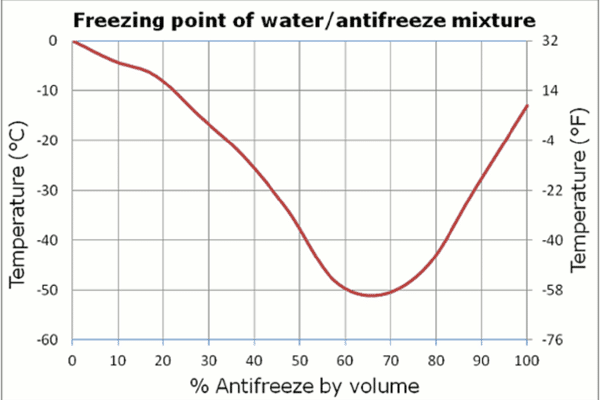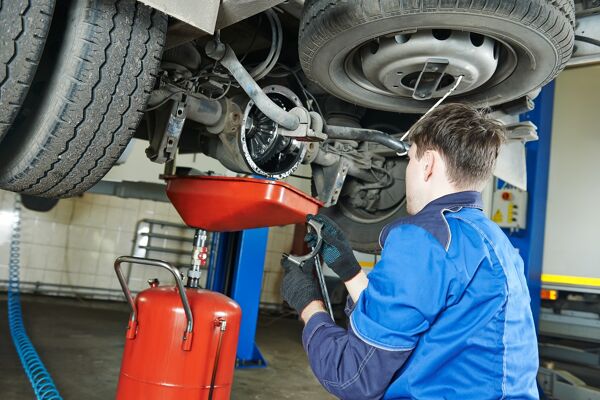
Die Bedeutung der TBN
TBN gibt die säureneutralisierende Kapazität eines Öls an. Unverzichtbar bei der Verwendung von schwefelreichem Kraftstoff und unter Heavy-Duty-Bedingungen zum Schutz vor K...
1. September 2018

„Es ist offensichtlich, dass die gewählten Motorkonzepte erfordern, dass das Öl noch dünnflüssiger sein muss als früher. Niedrigere Motordrehzahlen in Kombination mit hohen Leistungsanforderungen stellen moderne Motoröle vor große Herausforderungen. Vom 15W-40-Mineralöl entwickeln wir uns hin zu synthetischen 0W-20-Ölen. Da diese niedrige Viskosität die Schmierfähigkeit des Öls beeinträchtigt, kommen immer mehr chemische Zusatzstoffe zum Einsatz, um das auszugleichen. Maßgeschneiderte Motoröle sind der aktuelle Trend – und leider nicht universell einsetzbar. Die Automobilhersteller sind sich dessen inzwischen bewusst. Dennoch ist es weiterhin wichtig, bei Ölwechseln genau auf die Herstellervorgaben zu achten. Fehler können teuer werden, wenn der Motor durch die Verwendung des falschen Öls Schaden nimmt.“
Auch andere technische Entwicklungen spielen bei der Ölentwicklung eine Rolle – etwa Start-Stopp-Systeme. Diese haben einen erheblichen Einfluss auf den Motorverschleiß. Die Wirksamkeit und vor allem die Lebensdauer von Rußfiltern in Diesel- und Benzinmotoren wird maßgeblich durch die Ölauswahl bestimmt. Diese Filter dürfen sich nicht durch ungeeignete Öle zusetzen. Besonders wichtig ist dies bei Benzinpartikelfiltern.
Ein weiteres technisches Problem in modernen Motoren ist LSPI – Low-Speed Pre-Ignition (Frühzündung bei niedriger Drehzahl). Dabei kommt es zur fast unvorhersehbaren Vorverbrennung des Luft-Kraftstoff-Gemischs während des Verdichtungstakts. Die Ursache sind glühende Kohlenstoffrückstände im Brennraum. Obwohl die genauen Gründe unter Technikexperten noch diskutiert werden, gelten hohe Drücke im Brennraum in Kombination mit einem ungeeigneten Motoröl als Hauptursache. Die daraus resultierenden Schäden sind gravierend – etwa verbrannte Kolben oder verbogene Pleuelstangen. Um LSPI möglichst zu vermeiden, ist die richtige Mischung aus Kalzium und Molybdän im Motoröl entscheidend.
Ein weiteres Phänomen, das vom Motoröl beeinflusst wird, ist die sogenannte Turboverkokung – also Ablagerungen an beweglichen Teilen des Turboladers. Dies führt zu erhöhtem Verschleiß oder sogar zum Totalausfall des Turbos. Kurz gesagt: Jeder Werkstattverantwortliche und -mitarbeiter muss sich der Komplexität des Themas Motoröl im Zusammenhang mit modernen Motorentechnologien bewusst sein.
Quelle: AfterSales Magazine Januar/Februar 2018 (übersetzt)

TBN gibt die säureneutralisierende Kapazität eines Öls an. Unverzichtbar bei der Verwendung von schwefelreichem Kraftstoff und unter Heavy-Duty-Bedingungen zum Schutz vor K...

Extreme Bedingungen im Bergbau verursachen Verschleiß und Ausfallzeiten. Eurol bietet Lösungen zur Verbesserung der Lebensdauer und Effizienz von Maschinen.

Was genau macht ein Kühlmittel, worin unterscheiden sich die verschiedenen Technologien und welche Eigenschaften bringen sie mit? Und warum ist es heutzutage nicht mehr mög...

Lkw unterliegen zunehmend strengeren Umweltvorschriften. Dabei müssen nicht nur die Emissionen schädlicher Stoffe reduziert werden, sondern auch die CO₂-Emissionen deutlich...

TBN gibt die säureneutralisierende Kapazität eines Öls an. Unverzichtbar bei der Verwendung von schwefelreichem Kraftstoff und unter Heavy-Duty-Bedingungen zum Schutz vor K...

Extreme Bedingungen im Bergbau verursachen Verschleiß und Ausfallzeiten. Eurol bietet Lösungen zur Verbesserung der Lebensdauer und Effizienz von Maschinen.

Was genau macht ein Kühlmittel, worin unterscheiden sich die verschiedenen Technologien und welche Eigenschaften bringen sie mit? Und warum ist es heutzutage nicht mehr mög...

Lkw unterliegen zunehmend strengeren Umweltvorschriften. Dabei müssen nicht nur die Emissionen schädlicher Stoffe reduziert werden, sondern auch die CO₂-Emissionen deutlich...
